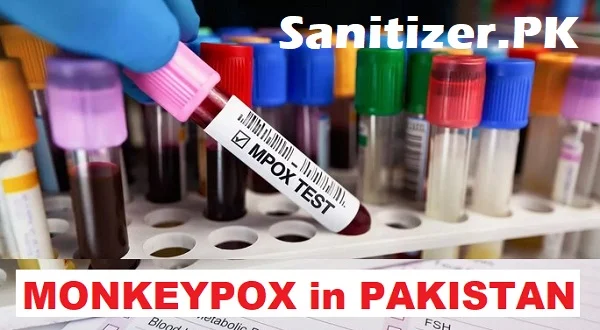Monkeypox is a viral infection, similar to smallpox but less severe, transmitted through close contact. While there’s no specific cure, managing symptoms with pain relievers, antiviral drugs like Tecovirimat, and vaccines can aid recovery. Most individuals recover without medical intervention, but high-risk cases may need further treatment.
Monkeypox is a viral infection similar to smallpox, but generally less severe. It mainly spreads through close contact with an infected person or animal. If someone contracts monkeypox, the treatment focuses on easing the symptoms since there’s no specific cure for the virus itself.
The good news is that most people with monkeypox recover on their own without the need for any special medical treatment. Resting at home, staying hydrated, and taking over-the-counter pain relievers can help manage symptoms like fever, headache, and muscle aches. For the rash, which is a common symptom, keeping the affected areas clean and dry is important. Some doctors might recommend using topical treatments or taking antihistamines to reduce itching.
In more severe cases, especially for people with weakened immune systems or those at higher risk of complications, doctors might use antiviral medications like Tecovirimat (also known as TPOXX). This drug was originally developed to treat smallpox but has shown promise in treating monkeypox as well.
Vaccines can also play a role in preventing the spread of monkeypox. The smallpox vaccine has been found to be effective against monkeypox, and in some cases, it may be given after exposure to reduce the severity of the disease.
So, while there’s no specific cure, a combination of symptom management, antiviral drugs, and vaccines can help people recover from monkeypox and prevent its spread.

